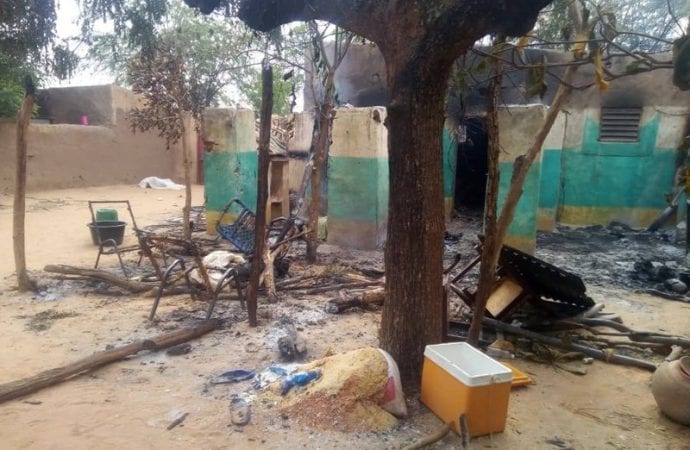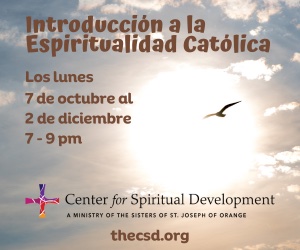After a terrorist attack in Mali killed 35 people on June 10, an official of the pontifical charity Aid to the Church in Need (ACN) said a “combination of disputes” has created a “combustible situation.”
Initial reports from local officials said 95 people were killed in Monday’s attack, and on Wednesday these officials maintained that dozens of people remain missing in Sobame Da village.
Monday’s early-morning attack on the ethnic Dogon village was the latest massacre in a growing ethnic conflict that has been enflamed by fears of Islamic extremism. Tens of thousands of people have fled the violence in recent months.
There has been no claim of responsibility, though tensions have been high since a Dogon militia was accused of carrying out a massacre in an ethnic Peuhl village in March that left at least 157 dead.
The Dogon are an ancient people of central West Africa who are known for their elaborate ceremonial and religious masks and for living in small remote villages throughout the Bandiagara and Niger Valley region of Mali. They settled in these isolated villages because they were forced to flee to avoid being forcibly converted by Muslim raiders during the 1400s.
“The Dogon have for the most part lived peacefully in a Muslim-dominated country until recently,” said Edward F. Clancy, Director of Outreach for ACN.
“A combination of disputes over land and resource access, historical ethnic tribal animosity and a government unable to mediate or quell disputes has made for a very combustible situation,” he told Crux.
Boubacar Keïta, Mali’s president, described the recent killings as “carnage” that endangers the life of the country.
Mahamat Saleh Annadif, the head of the UN Stabilization Mission in Mali, called the attack an “unspeakable barbarity” and expressed his concern over “the spiral of violence.”
The spokesperson for the UN human rights office, Ravina Shamdasani, said disputes over water and land have often fueled already existent “traditional disputes.”
“But lately it has taken on a particularly deadly turn because entire Fulani communities - and we are talking about millions of people - are being painted as violent extremists simply because they are Muslim,” she said.
Clancy says the latest attack “is another tragic example of the violence that is spreading throughout many parts of Africa.”
He also said the attack was more than an ethnic issue, but “is another case of a perfect recipe for violence among the many ethnic, tribal and religious groups of the Sahel region of Africa that was instigated by the insertion of radical Islam in the last decade.”
“Because there has been no answer from or stabilizing force provided by the Malian government, the violence has been tit for tat since it erupted in 2012 with the introduction of Al-Qaida/ISIS-inspired extremism,” Clancy said.
In 2012, the Malian army was not able to handle attacks begun by a coalition of five different multinational Islamic extremist groups, and the French military intervened to put down the insurrection.
Just 2 percent of Mali’s population is Christian, the rest is Muslim. The two communities have historically peacefully coexisted, but with jihadi influence now getting a foothold in the region, that could change.
“The next few years will be very telling as to whether that peace will return,” Clancy told Crux.
“If there is not a quelling of the jihadi influence funded by international actors, poor countries with unstable and/or corrupt governments will easily become very dangerous places for the Christian faithful as well as for Muslims who are not aligned with the jihadist philosophy,” he explained.
He said it isn’t just a question of inter-religious tolerance, “but of peace and survival.”
Clancy said continued attacks across the Sahel region - the semi-arid zone between Saharan and sub-Saharan Africa - are making it harder for aid workers and others “to help the poor and vulnerable, which unfortunately is the goal of extremists.”
“We are blessed though with heroes of the faith who endure great hardship and danger to serve those in great need. We have continued to make Africa a focus of our support with more than 27 percent of our aid sent to African nations. We must not and will not forget our African brothers and sisters,” Clancy said.
Meanwhile, Cardinal Jean Zerbo Archbishop of Bamako and President Ibrahim Boubacar Keïta were in the village of Sobame Da on June 13 to assess the extent of the damage and console the bereaved families.
The president declared three days of national mourning in memory of the victims.
For Clancy, such days will continue to multiply if the jihadist influence in the Sahel is not stopped.

